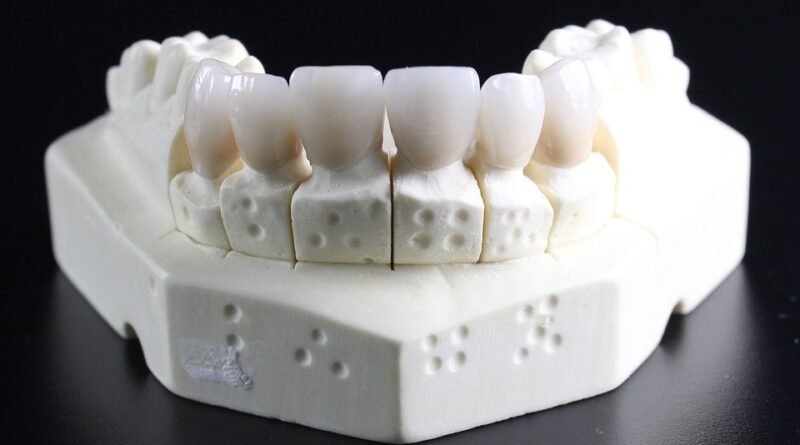Emergency Dental Care: What to Do When Tooth Pain Strikes
Experiencing sudden tooth pain can be alarming and disruptive, often leading to concerns about dental emergencies. Whether it’s a sharp ache, persistent throbbing, or sensitivity to cold and heat, understanding how to respond can be crucial in managing the pain and seeking appropriate care. This article outlines common causes of tooth pain, necessary first aid, and when to seek professional dental assistance.
Common Causes of Tooth Pain
Tooth pain can arise from a variety of dental issues, including:
1. Dental Cavities
Cavities, or tooth decay, are one of the most common causes of pain. The decay can create sensitivity and pain, especially when it reaches the inner layers of the tooth.
2. Gum Disease
Gum inflammation and infections (gingivitis or periodontitis) can cause pain and discomfort. The accumulation of plaque and bacteria can lead to receding gums and abscess formation.
3. Tooth Fracture or Injury
Accidental trauma, such as a sports injury or biting down on hard substances, can fracture a tooth, resulting in sharp and sudden pain.
4. Abscessed Tooth
An abscess is a pocket of pus that forms due to bacterial infection at the root of the tooth, causing intense pain, swelling, and even fever.
5. Teeth Grinding (Bruxism)
Over time, grinding your teeth can lead to sensitivity and pain due to the excessive pressure exerted on the enamel and underlying structures.
First Aid for Tooth Pain
When tooth pain strikes, immediate self-care can help alleviate discomfort while you seek professional treatment:
-
Rinse Your Mouth: Use warm saltwater to gently rinse your mouth. This can help reduce inflammation and cleanse the affected area.
-
Over-the-Counter Pain Relief: Non-prescription analgesics such as ibuprofen or acetaminophen can provide temporary relief. Follow the recommended dosage on the packaging.
-
Cold Compress: Apply a cold pack to the outside of your cheek for 15-20 minutes. This can help numb the area and reduce swelling.
-
Avoid Aggravating Foods: Stay away from extremely hot, cold, or sugary foods that may worsen your discomfort.
- Elevate Your Head: Keeping your head elevated can help reduce blood flow to the affected area, minimizing pain during the night.
When to Seek Professional Dental Care
It’s essential to determine when home care is no longer sufficient. Here are some signs that you should seek urgent dental care:
- Severe Pain: If you experience intense pain that does not subside with over-the-counter medications, it’s time to consult a dentist.
- Signs of Infection: Swelling, fever, foul-smelling breath, or pus discharge may indicate an abscess or serious infection requiring immediate attention.
- Trauma: If you experience a tooth injury accompanied by bleeding, it’s crucial to see a dentist as soon as possible.
- Persistent Symptoms: If symptoms last longer than a day or two, don’t hesitate to schedule an appointment.
Preparing for Your Dental Visit
When you see your dentist, be prepared to discuss your symptoms, their duration, and any self-care measures you have taken. If applicable, bring a list of medications you’re currently taking and inform your dentist of any existing health conditions.
Conclusion
Tooth pain can be a distressing experience, but knowing how to manage it effectively can make a significant difference in your comfort and health outcomes. While initial at-home remedies can provide some relief, don’t hesitate to seek professional dental care if pain persists or worsens. A timely visit to your dentist can prevent complications and help restore your oral health as quickly as possible. Remember, your smile is worth it!
